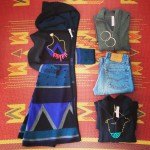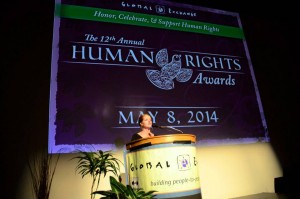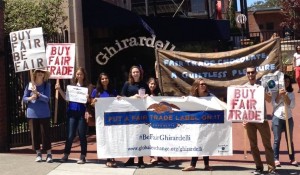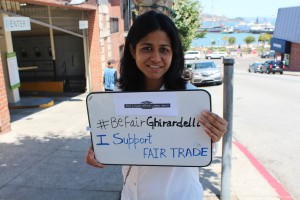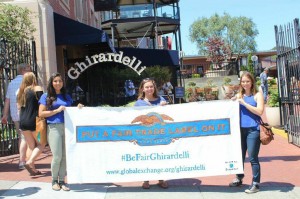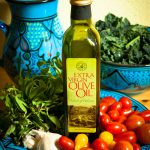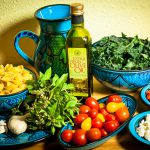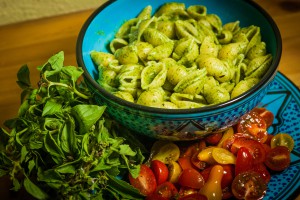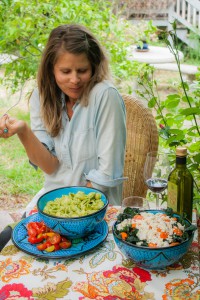Amid the coconut boom, Fair Trade certification empowers farmers and workers to improve their lives and protect the environment.
Although coconut products are booming in popularity, the individuals producing them are not always reaping the rewards. There is a significant gap between skyrocketing sales in North America and poverty level incomes earned by farmers in key coconut producing economies. In the Philippines, one of the world’s leading coconut producers, an estimated 60 percent of small-scale coconut farmers live in poverty.
Some of the most important challenges faced by coconut farmers include:
- Extreme poverty: Coconut farmers are among the poorest of the poor in countries like Indonesia and the Philippines, which threatens the sustainability of coconut farming as a livelihood. Low and volatile farm gate prices, low productivity, and a lack of diversified sources of income perpetuate poverty among coconut farming communities and limit their ability to access important resources such as quality food, education, sufficient healthcare, fair credit, etc.
- Unfavorable and variable prices: An average single-serving coconut water from a leading brand sells for around $1.50 in the United States, yet farmers receive about $0.11-0.20 per nut. Extreme volatility of these farm gate nut prices make it difficult for farmers to plan and smooth their consumption over time and harvests.
- Low yields and declining productivity: Particularly as coconut trees age, their yields decline significantly. Many of the world’s coconut producing trees are 50-60 years old, well beyond productive years. This results in declining overall supply and income for farmers, many of whom lack the necessary resources and technical assistance to replant unproductive trees.
- Environmental vulnerability: A recent United Nations report identified the Philippines as the third-most at-risk from climate change in the world, meaning farmers are often subject to the damaging effects of violent weather and pests.
Fair Trade certification aims to address these and other issues by helping coconut farmers to develop sustainable livelihoods and strong communities, and to become better stewards of the land. One way this happens is through the rigorous Fair Trade standards—covering areas like child and forced labor, safe working conditions, water conservation and proper waste disposal. Another way is through the Fair Trade Community Development Premium. On top of the sale price, farmers earn an additional premium for each coconut sold. These funds are collectively maintained by the farmers and invested in community projects that address critical needs such as improved healthcare, food security, education, agricultural training and business development. Here is an overview of some projects farmers have already invested in to address the biggest issues they face.
- Education
School supplies – to ensure children have proper materials to be productive in school
Scholarships – to subsidize tuition fees and higher education costs for children of farmers
- Healthy Communities
School feeding program – to ensure nutritious meals for children in the community
Water purification station – to improve access to clean water for the entire community
Community rice buying and retailing program – to improve access to quality food staples
- Resilient and Supportive Communities
Disaster fund – to help farmers to recover more quickly from unexpected disaster, like typhoons
Burial assistance – to support funeral costs for members that pass away
- Sustainable and Productive Farms
Livestock program – to support transportation of coconuts from farm to buyer
Tree replanting program – to ensure productive farms and sustainable livelihoods for years to come
- Financial Sustainability and Livelihood Development
Micro-lending program – to provide funds with nominal interest to farmers to start their own businesses and cover emergencies
Decorticating Machine – to enable farmers to earn additional income from processing coconut husks
Fair Trade is also a way for companies to build strong, reliable, transparent supply chains that foster long-term relationships with farmers. And, it’s an opportunity for consumers to choose high-quality products that also improve lives and protect the environment.
“We are proud to offer Fair Trade Certified coconut products to create new economic opportunities for coconut farmers across the globe,” said Nora Pittenger, Fair Trade USA’s Senior Manager for Consumer Packaged Goods. “With demand for coconuts on the rise, Fair Trade USA is empowering consumers and businesses to choose products that not only taste good, but also do good.”
Fair Trade USA, the leading third-party certifier of Fair Trade products in North America, announced the launch of Fair Trade Certified coconut products into the global market in February 2014. Beginning with coconut waters and oils, Fair Trade USA welcomes the versatile nut into its offerings with the aim of improving the lives of small-scale coconut farmers, and protecting workers in coconut processing facilities. The first Fair Trade Certified coconut products to hit store shelves include: Naked Coconut Water (1 liter), Nutiva Virgin Coconut Oil (15 and 23 oz. glass), as well as Nutiva’s O’Coconut Treats. Recently launched products include: Arrowhead Mills coconut flour, Rice and Shine Cereal and Spectrum Coconut Oil.

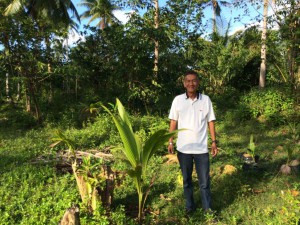
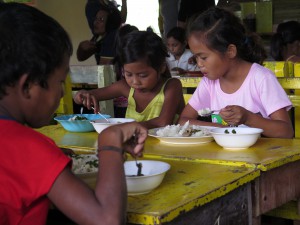
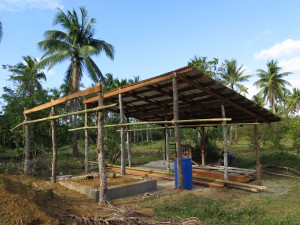











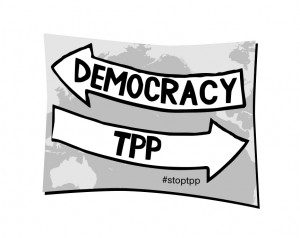 Here’s what you need to know – the Obama administration still has sights set on completing the Trans-Pacific Partnership, the largest treaty of its kind, with secret text, closed door negotiations and a yes/no vote in Congress, without debate or discussion. We can prevent this, and we must be prepared to act this November.
Here’s what you need to know – the Obama administration still has sights set on completing the Trans-Pacific Partnership, the largest treaty of its kind, with secret text, closed door negotiations and a yes/no vote in Congress, without debate or discussion. We can prevent this, and we must be prepared to act this November.
